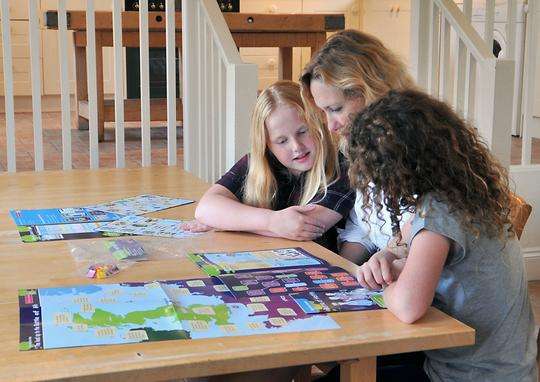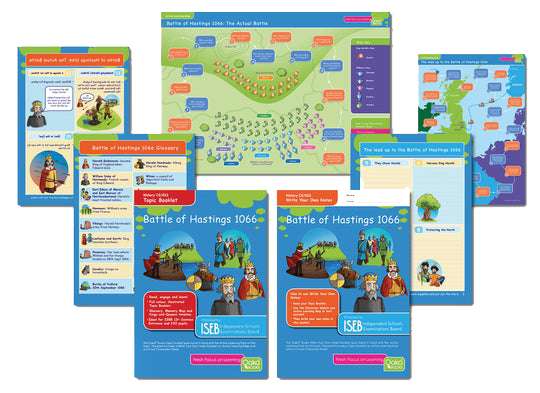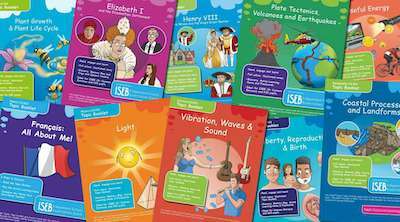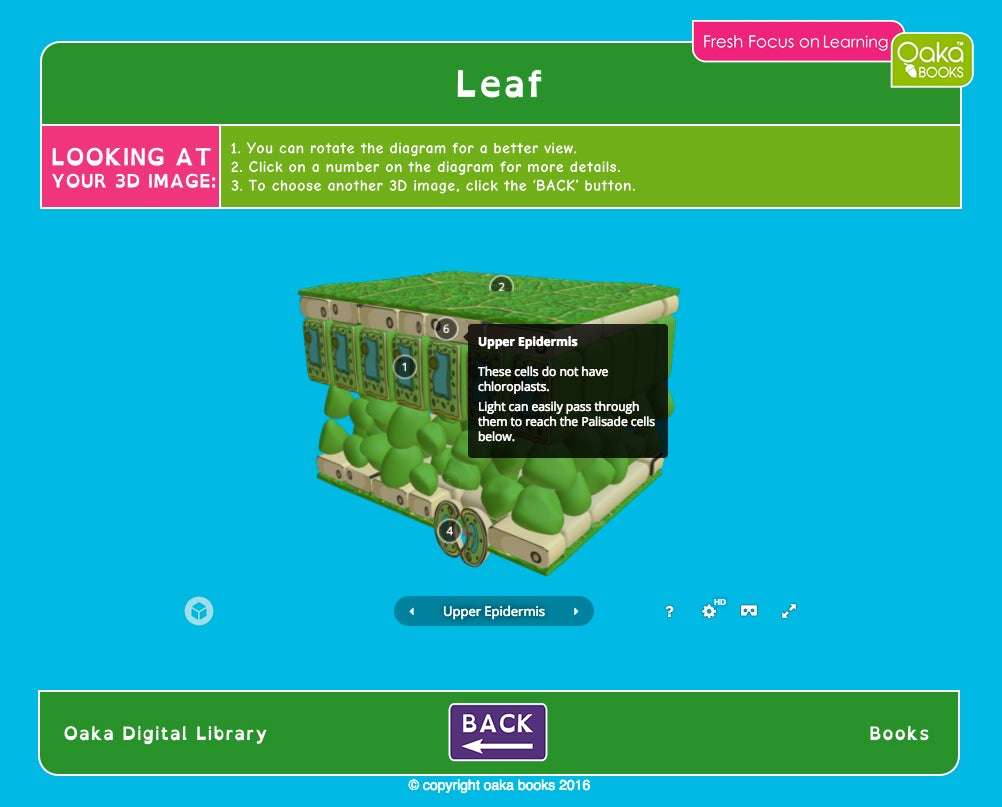When you sit down with your child to do a revision or study session how do you know if they are really learning?
Children want to please and unfortunately there is still negativity around them getting things wrong or admitting they don’t know the answer. So a simple “do you understand?” doesn’t work, they will probably say yes, even if they don’t.
If they don’t understand it isn’t a bad thing, it just means that parts of the material might need to be gone over again, framed in a different way or explained in more detail. You need to know what hasn’t been understood in order to help. So try to create a feeling that it is okay not to understand.
Avoid questions that can be answered just with a yes or no. Instead prompt the child to give a longer, more detailed answer that will show whether they really have understood. Being able to process the information and then put it in their own words to tell you is a good learning technique anyway. So even if they do understand it was not wasted effort – thinking back over and summarising will help them remember.
Encourage them to think of their own questions about what they have studied. It will help them engage in an active way with the material. If it is a question that has been covered you know which parts to look at again.
Check for understanding a lot during the session. It is better to know sooner if the child doesn’t understand, rather than later. If a concept early on is misunderstood it can affect the rest of the learning. You don’t want to find out at the end that the foundation you have been building on is wrong.
Have them teach someone else what they have been learning about. Children enjoy sharing knowledge and it is a great way to check they understand and for them to remember the ideas they have been learning.





